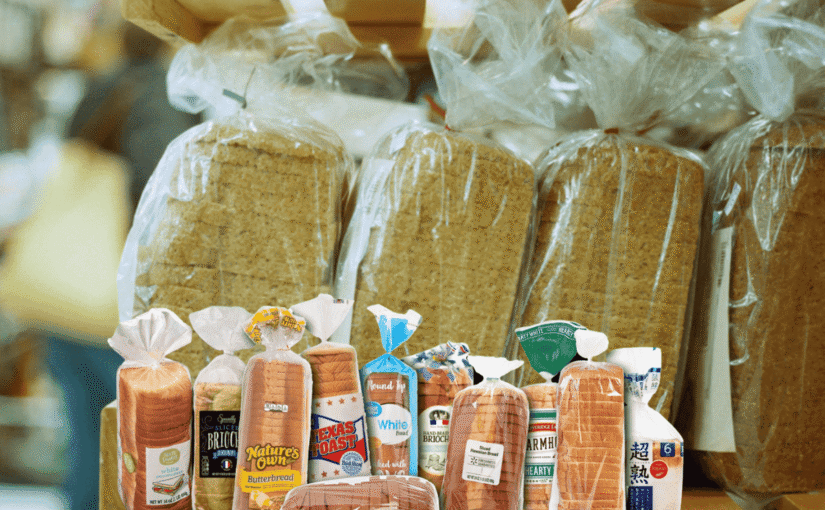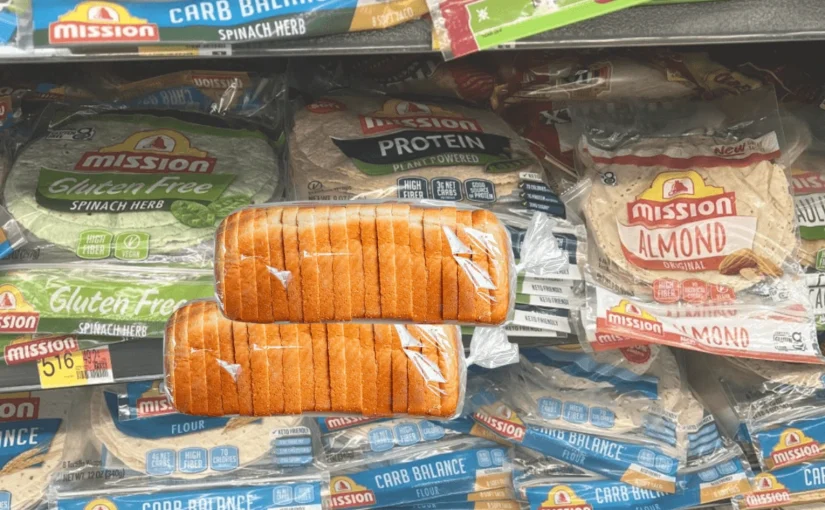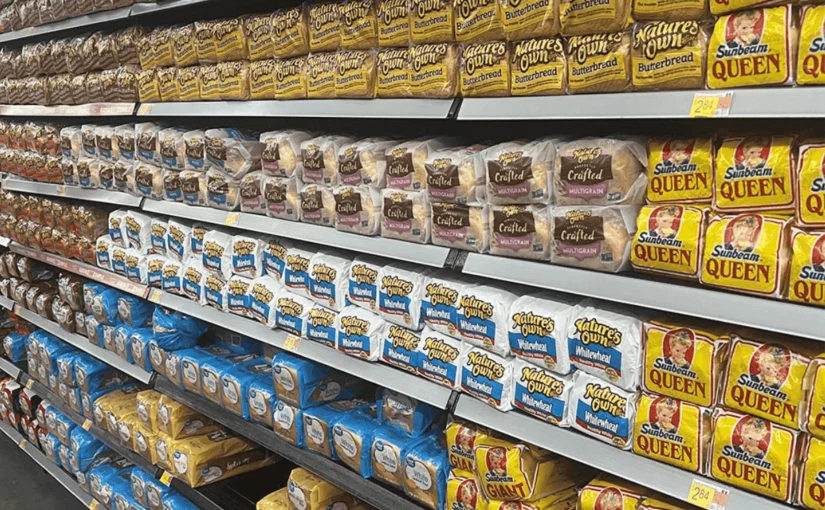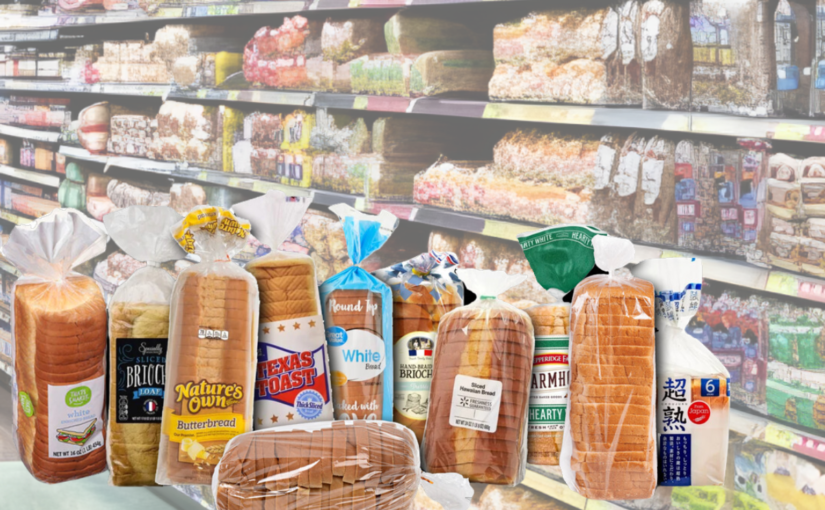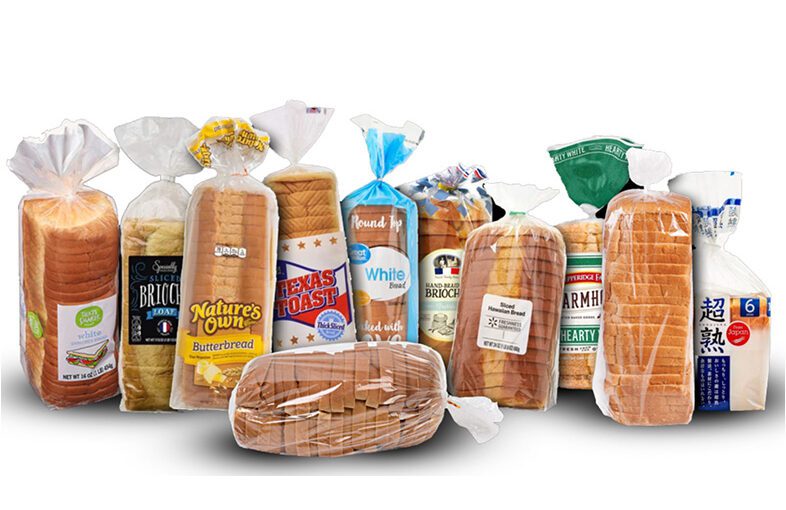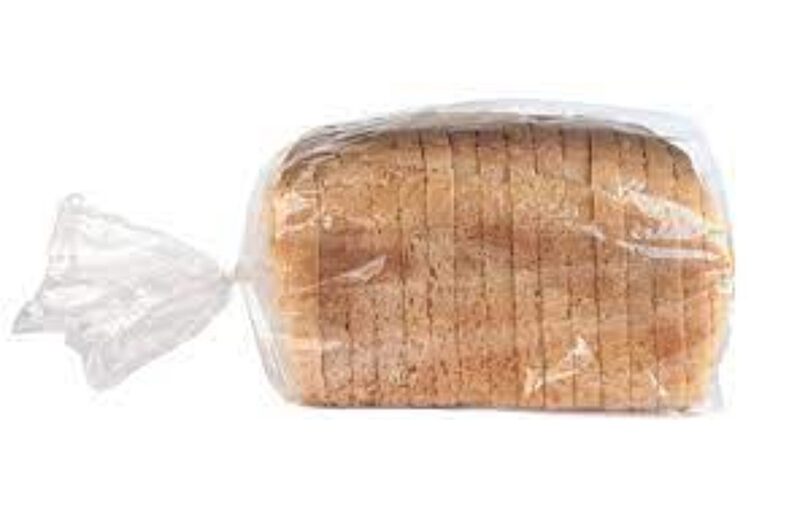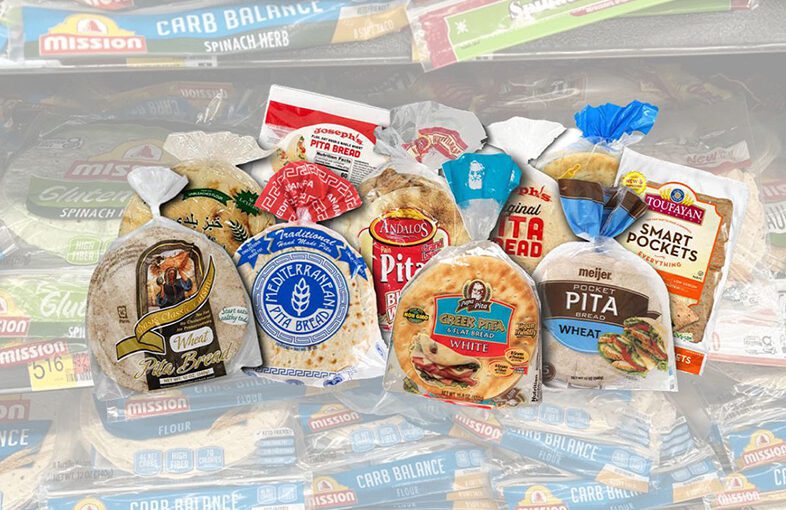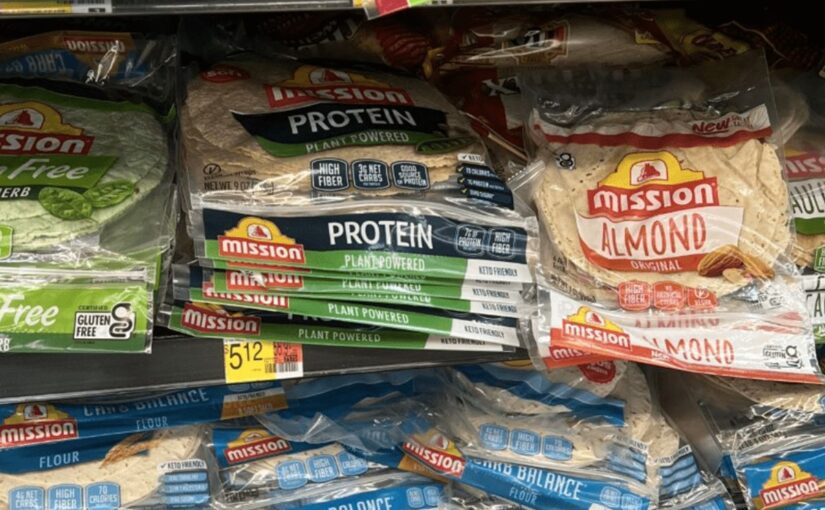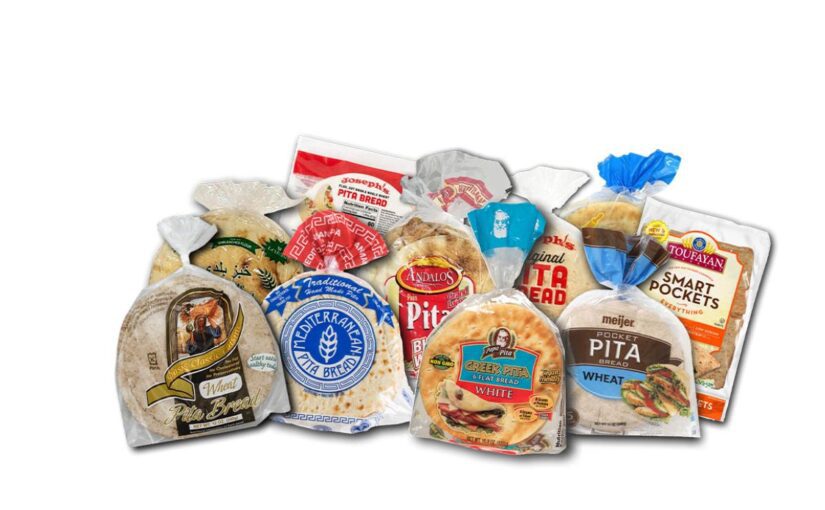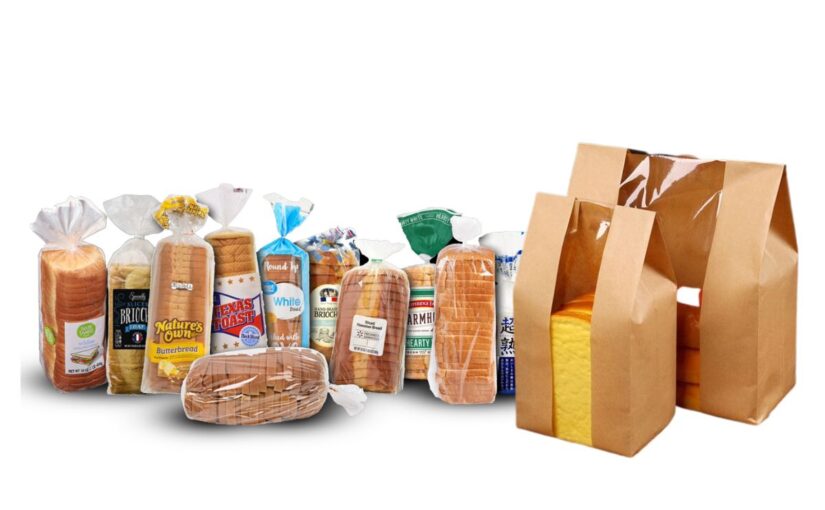Whether you’re a bakery owner, a home baker, or simply someone who enjoys the aroma of freshly baked bread, understanding the importance of bread loaf bags is crucial. In this comprehensive guide, we’ll explore the world of bread loaf bags, covering everything from their types and features to their role in preserving freshness and enhancing the overall bread experience.
The Basics of Bread Loaf Bags
Bread Preservation:
Loaf bags play a vital role in preserving the freshness and quality of bread. Their primary function is to protect the bread from external elements like air, moisture, and contaminants that can contribute to staleness and spoilage.
Material and Construction:
Usually made from polyethylene or polypropylene, these bags are breathable and resistant to moisture.
The construction of loaf bread plastic bags often includes micro-perforations that allow the right amount of air exchange to keep the bread fresh while preventing excessive moisture.
Types of Bread Loaf Bags
Clear Plastic Bags:
Clear plastic bread loaf bags are popular for their transparency, allowing customers to easily see the product. They are commonly used in bakeries and supermarkets, providing a clear view of the bread while maintaining freshness.
Printed Bags:
Printed bread loaf bags are designed to enhance the visual appeal of the packaged bread. Bakeries often use these bags to display their branding, product information, and nutritional details, creating an attractive presentation for customers.
Reclosable Bags:
Some bread loaf bags come with reclosable features such as zip-lock seals or twist ties. This type of packaging is convenient for customers who may want to reseal the bag after opening, extending the freshness of the bread.
Customized Bags:
For bakeries looking to create a unique brand identity, customized bread loaf bags with logos, colors, and specific designs are a popular choice. These bags not only serve a functional purpose but also contribute to brand recognition.
The Importance of Bread Loaf Bags in Commercial Baking
Extended Shelf Life:
In the commercial baking industry, preserving the shelf life of bread is essential for minimizing waste and ensuring customer satisfaction. Bread loaf bags provide an effective barrier against external factors, contributing to the extended freshness of the product.
Branding and Marketing:
Bread loaf bags serve as a canvas for branding and marketing efforts. Customized bags with eye-catching designs and logos help build brand recognition, making the product more memorable and appealing to consumers.
Hygiene and Sanitation:
In a commercial setting, maintaining hygiene and sanitation standards is paramount. Bread loaf bags protect the product from handling by customers and staff, ensuring that the bread remains clean and safe for consumption.
The Role of Bread Loaf Bags in Home Baking
Freshness at Home:
For home bakers, using the right bread loaf bags is crucial to maintaining the freshness of their homemade bread. The taste and texture of freshly baked goods are preserved when they are packaged properly to avoid exposure to air and moisture.
Storage and Freezing:
Bread loaf bags are also great for freezing and storing. They offer a barrier that keeps the bread fresh for longer periods and helps avoid freezer burn. Eliminating surplus air from these bags before freezing is crucial to reduce the possibility of freezer burn.
Tips for Choosing the Right Bread Loaf Bags
Size Matters:
Selecting the right size of bread loaf bags is essential to ensure a snug fit for your specific loaf. Bags that are too large may allow excess air inside, while bags that are too small can compress the bread and affect its shape.
Consideration for Moisture:
Choose bread loaf bags with micro perforations or moisture-resistant properties to strike the right balance. While bread needs protection from excess moisture, a certain level of air exchange is crucial to prevent the bread from becoming overly moist or soggy.
Reclosable Features:
If you prefer the convenience of reclosable bags, opt for those with zip-lock seals or twist ties. This feature allows you to seal the bag after each use, maintaining the freshness of the remaining bread.
Branding and Personalization:
For commercial bakers, consider using printed or customized bread loaf bags to enhance your brand image. A well-designed bag is not only functional but also becomes a part of your marketing strategy.
Environmentally Friendly Alternatives
Biodegradable Bags:
Some manufacturers have responded to growing environmental concerns by producing biodegradable bread loaf bags that decompose more readily than conventional plastics. The goal of these bags is to lessen the harm that plastic trash causes to the environment.
Reusable Options:
Consider reusable bread bags made from fabric or other washable materials. These options are ideal for eco-conscious consumers looking to minimize their use of disposable packaging.
Proper Use and Storage Tips
Seal Properly:
When using bread loaf bags with reclosable features, ensure that the bag is sealed tightly after each use. This helps maintain the freshness of the remaining bread and prevents exposure to air.
Avoid Overpacking:
Avoid overpacking bread loaf bags, as this can compress the bread and affect its texture. Allow enough space for the bread to breathe while still providing a protective barrier.
Store in a Cool, Dry Place:
Store bread in a cool, dry place to prevent mold growth and maintain freshness. Avoid exposing the bread to direct sunlight or excessive heat, as this can accelerate staleness.
The Future of Bread Loaf Bags: Innovations and Trends
Smart Packaging:
As technology advances, smart packaging solutions for bread loaf bags are on the horizon. These innovations may include temperature-sensitive indicators or QR codes that provide consumers with information about the product’s freshness and origin.
Sustainable Materials:
The trend toward sustainability is likely to drive the development of bread loaf bags made from eco-friendly materials. Manufacturers may increasingly explore plant-based alternatives or materials that have a lower environmental impact.
Conclusion:
In the world of baking, the humble bread loaf bag plays a crucial role in preserving the artistry and science of bread-making. Whether you’re a commercial baker or a home enthusiast, these bags not only keep your product fresh but also appealing to the customers.
As we continue to explore new technologies and sustainable practices, the future of bread loaf bags promises exciting innovations that will further enhance our bread experience.


